We’ve done a lot of travel this year from our home base in New Zealand and we’ve realised that sometimes we have to think a little differently when it comes to our travel plans.
Planning your travel when you’re from New Zealand or Australia requires a bit of a different mindset. We’re so much further away from the rest of the world so we have to spend a lot more on flights and a lot more time on the plane than our friends in the Europe or North America.
From picking a destination to booking flights to leaving your home while you travel, there are actually quite a few NZ/Australian specific things to think about when you’re planning a trip.
Here are 10 Things Aussies & Kiwis Need to Think About Before They Travel:
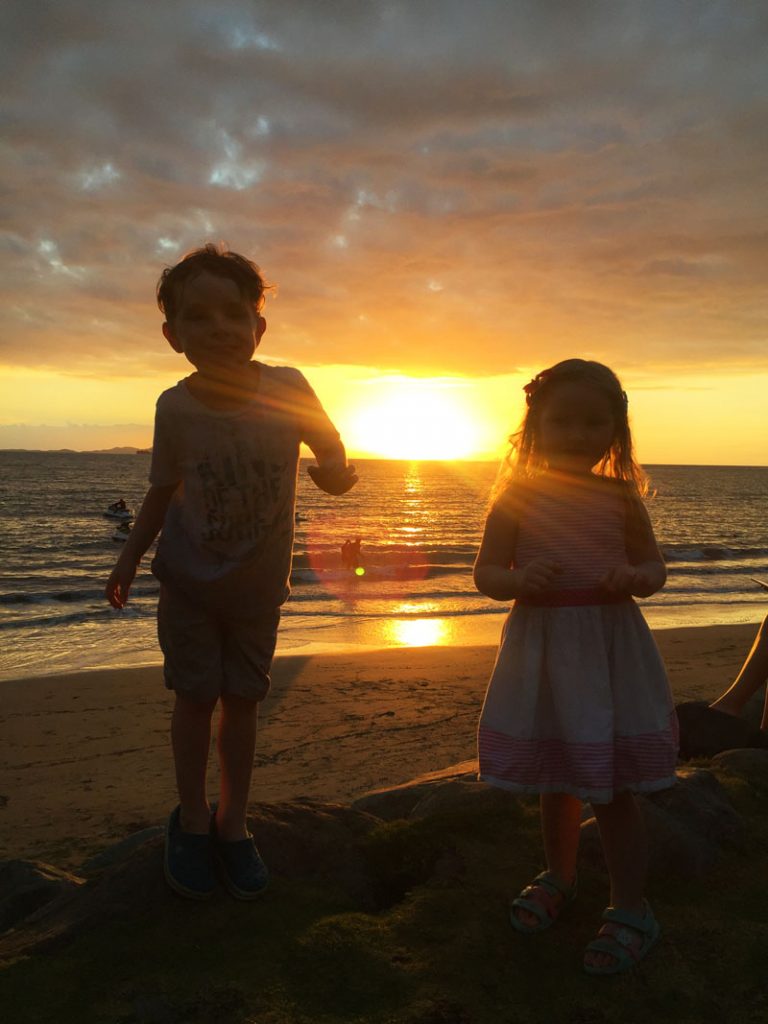
Reuben and Hazel enjoying the sunset in beautiful Fiji
1.Booking flights just outside of the school holidays
School holiday dates have such a big impact on flight prices from New Zealand and Australia. We have saved thousands of dollars on flights this year by travelling a few days either side of the school holidays.
For example, we flew to Japan on the Wednesday before school finished for the term three break and returned on the Thursday after school started back. Not only did we get a three week trip out of the two week school vacation, we also saved hundreds of dollars on each person’s airfare. Saving a few hundred dollars per person really adds up when you travel as a family of four.
You can check the 2018 school holiday dates here for New Zealand, NSW, QLD, VIC and WA.

Hazel at the Peace Park in Hiroshima, Japan
2. Travelling for longer is usually cheaper
If you’re travelling from New Zealand or Australia, chances are you’ll be going a long way to get to your destination. It’s one of the main downsides of living in this part of the world… we’re so far away from everything!
This does mean though that it’s usually cheaper to take one longer trip than several shorter ones. For our family to fly to Europe in economy class would be almost $10,000 NZD so it makes a lot of sense to do a longer trip of several months to spread the cost of the flights out and do more travel in one go.

Hazel with some of the beautiful ladies in traditional dress at Gyeongbokgung Palace in Seoul, South Korea
3. Travelling further is sometimes cheaper
This one can seem counterintuitive but, travelling further is sometimes (almost always) cheaper. In my experience, booking flights to nearby places like Fiji, Vanuatu or even Perth would cost the same or more than for us to fly to LA, Bangkok or Hong Kong. How crazy is that?!
Earlier this year we booked flights from Christchurch to LA via Fiji for under $1000 NZD return. The same flight from Christchurch to Fiji return was over $1000.
Similarly, it’s much cheaper for hotels, activities and restaurant meals if you spend a little more time on the plane and fly to Malaysia, Thailand or the Philippines than if you take a shorter flight to the Cook Islands or Fiji or even the Gold Coast! It definitely pays to do the math and work out the value of a closer more expensive destination vs a cheaper spot further away.
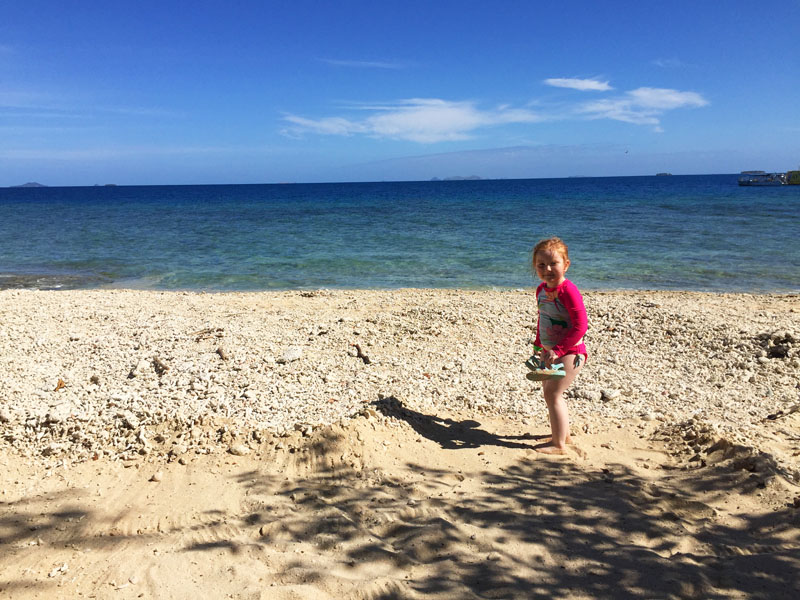
Hazel on the beach in Fiji
4. Looking for stopovers
Another “perk” of being at the bottom of the world is that we usually have to fly via a hub in Asia, the Middle East or the US in order to get beyond the Pacific rim region. While this can be painfully long to do all in one go, it does mean there is an opportunity to tack on an extra country to your trip. Having a stopover for a few days in Dubai, Singapore or LA is always a good idea because it breaks up what could be a very long travel day, allows you to adjust somewhat to a timezone halfway and let’s you explore a new city.
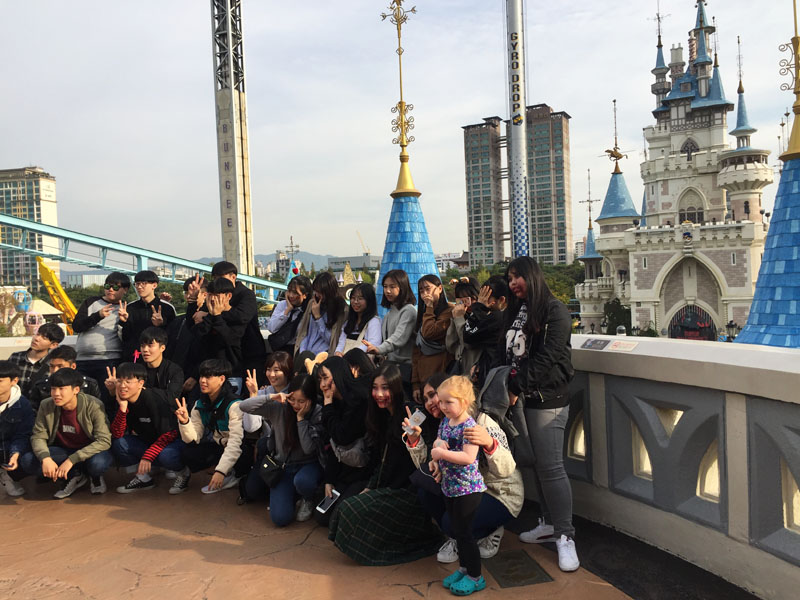
Hazel with a large group of admirers at Lotte World in Seoul, South Korea
5. Picking destinations with favourable exchange rates
Sometimes travelling on NZ dollars sucks especially in places like the US, Europe and the UK. Stressing about every dollar you spend is never fun on a trip.
Picking a destination with a favourable exchange rate can make a trip so much more relaxing. I’m not just talking about picking a “cheap” country, rather looking for countries whose currency is currently a lot lower than it previously has been. For example, when we first started our big trip in the US we were getting almost $0.85 USD for a NZD. It was a great time to travel in the US. Now if we travel to the US we’d only get $0.69 USD to the NZD. Big difference!
Now is actually a better time to visit the UK as changing NZD to GBP we’d get £0.51 to the NZD. IF we’d gone in 2015 it would have been more like £0.40 to the NZD. That means our money is 25% more valuable in the UK now than it was two years ago.
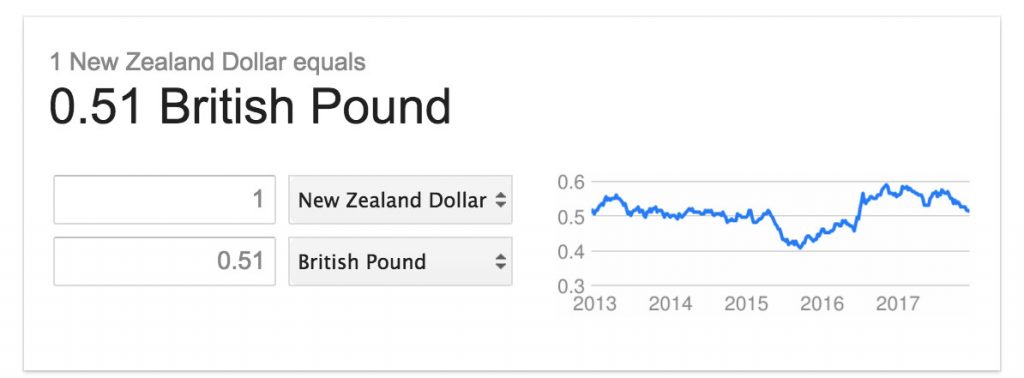
See the little blue graph? You want to look for that to be higher than it has previously been for a favourable exchange rate.
6. Managing money overseas
It’s important to look for credit and debit cards that don’t charge for using foreign ATMs and or have a 0% fee on foreign transactions or currency conversions. This is useful for both using abroad when you travel and booking your travel online before you go.
In Australia, two debit cards that offer this are the Citibank Everyday Plus and the ING Orange Everyday card. If you’re looking for a credit card the 28 Degrees Mastercard has no fees on foreign currency transactions either.
For Kiwis, unfortunately most ATM and credit cards have a 2.5% foreign currency transaction fee plus an foreign ATM fee. Some of the better options are the travel cards where you preload money in foreign currencies like the Kiwibank Loaded for Travel card and Air New Zealand OneSmart cards. For credit cards, one of the best we found was the Westpac World Mastercard as it has $0 withdrawls on Global ATM Alliance machines and $3 on other ATMs plus a 2.5% foreign transaction fee.
7. Prepping your home for your absence
For us as Kiwis, we definitely go through and do a thorough “quake check” before we leave for a trip to make sure that, if there is a major quake, our stuff is safe. This means things like taking down glass-framed pictures, making sure all glasses & bottles are pushed to the back of shelves and emptying as much of the fridge/freezer as we can in case of power outages.
For all the Aussies, you might need to look at tips for preparing your home for bushfire season like those here.
8. Getting a house sitter
A house sitter is a great idea if you’re heading off for more than a few weeks and want to keep your plants watered and your mail collected. If you’ve got pets, even better as having a house sitter means your pets can stay home in their own environment too.
Make sure your house sitter is covered under your home insurance and is fully briefed on what to do in the event of an emergency. This includes having enough emergency provisions available for them in your disaster kit.
Trusted Housesitters and Mind My House are some of the best places to start looking for a house sitter.
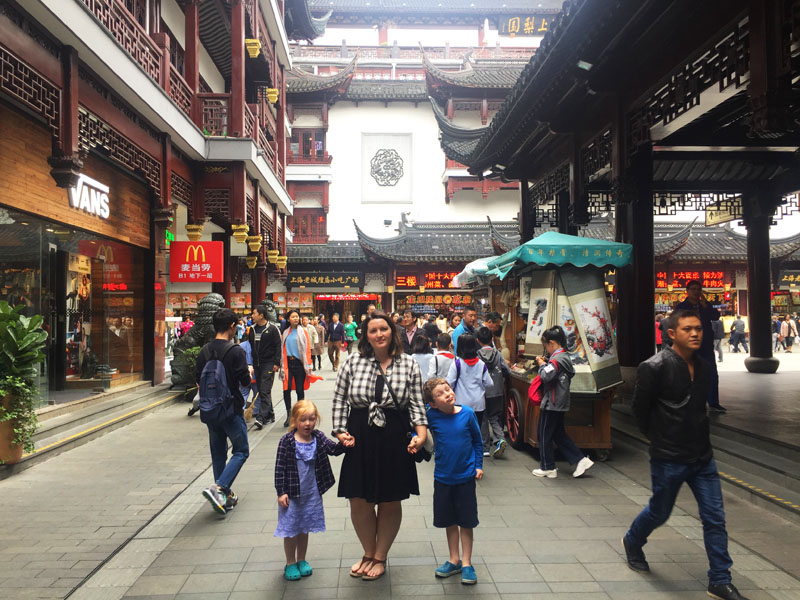
Bethaney, Reuben and Hazel at Yu Gardens in Shanghai, China
9. Finding the right insurance for travel
Having the appropriate travel insurance is a crucial part of preparing for a trip. We use have found that the best travel insurance for Aussies and Kiwis is Travel Insurance Direct. We’ve used them many times including making a few claims and the process has been smooth and painless. They also allow you to extend cover for expensive electronics like laptops and iphones.
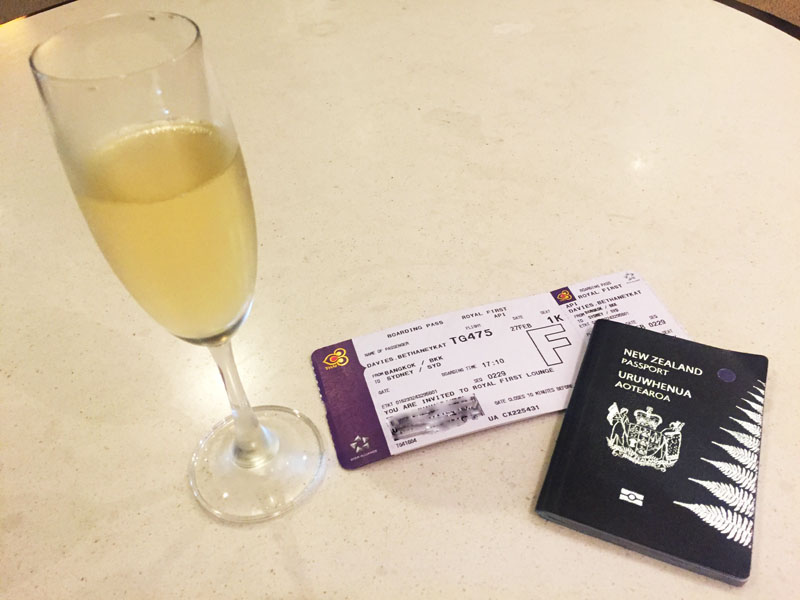
Flying in First Class thanks to credit card points!
10. Signing up for a credit card to earn points at home
I’ve recently been doing a lot of research into how we can earn miles & points with our credit card here in New Zealand. I know a lot of US bloggers earn crazy amounts of airline miles with credit card hacking but it’s frankly not as easy or lucrative here.
There are credit cards in NZ and Australia that will allow you to earn much better airpoints specifically on supermarket and gas station purchases which would be excellent for us as that’s where most of our money goes on a day to day basis.
There is a really good guide on pointhacks.com.au and pointhacks.co.nz including a short email course you can sign up to take for free. I did it a few weeks ago and it was very useful!
So, if you’re an Aussie or Kiwi sitting down to plan your travels for 2018, think about all these things first. Hopefully my tips will save you time, stress and money and allow you to travel more next year!
Got a thought to share? Something I haven’t included in my list but you think is important for Kiwis and Aussies planning their next trip? Leave me a comment below and we can discuss. I’d love to hear from you!

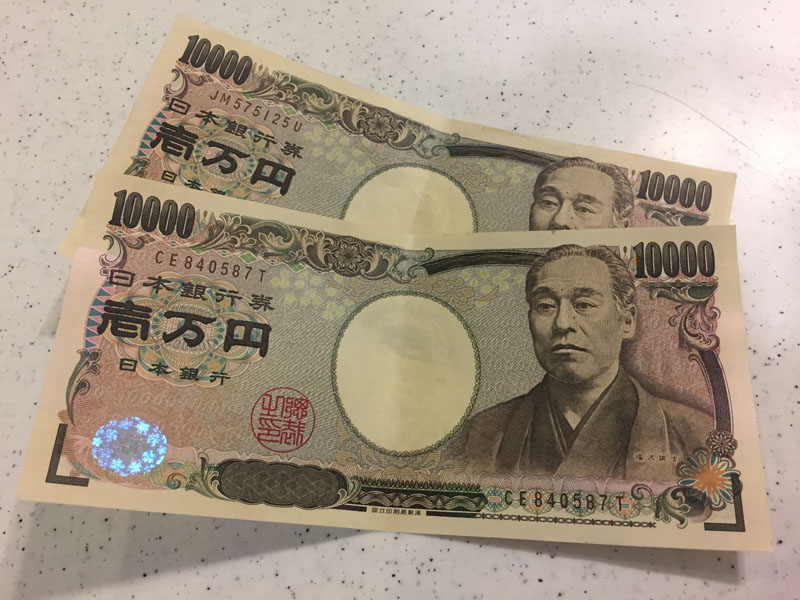


Great tips, Bethaney. Travelling either side of the school holidays can definitely be a money saver (as well as a sneaky way to get a longer holiday!). We were fortunate when our boys were still at school that their teachers encouraged us to take them out of school for overseas holidays. I know that’s not case in Europe where the only time kids can miss school is during dedicated school vacations.
Yes luckily here schools seem to encourage it too. I just asked Reuben’s school principal if he could take a whole term off next year so we can go to Europe and she seemed positive about it!